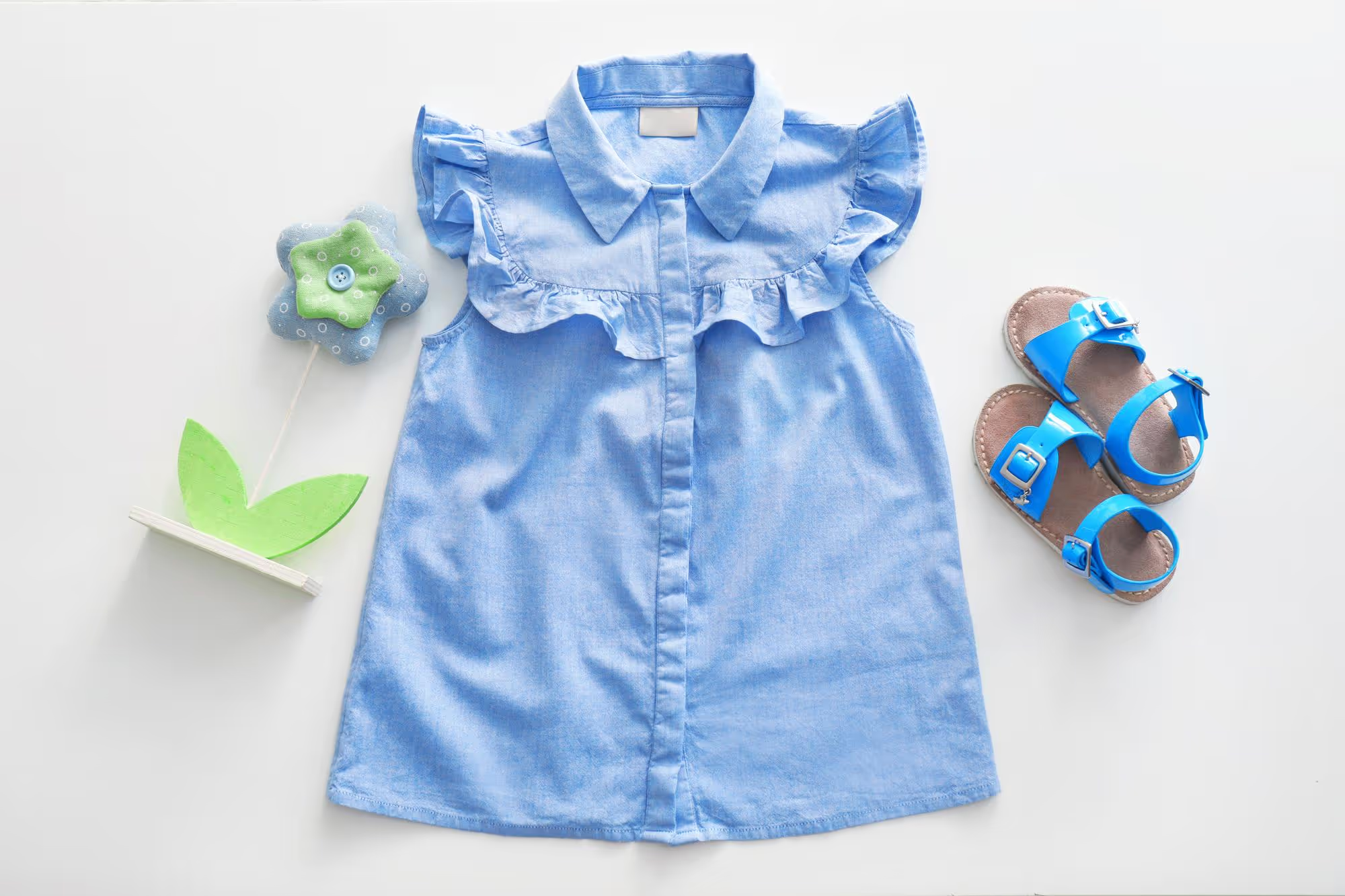
Common Newborn Sleep Mistakes to Avoid
Newborn sleep can feel like a mystery—especially in those first few weeks when you're running on fumes. While every baby is different, there are some common sleep mistakes new parents make without realizing it. Avoiding these can lead to better rest for both you and your little one.
Keeping Baby Awake Too Long
Newborns can only stay awake for short periods—often just 45 to 60 minutes at a time. Keeping them up too long can lead to overtiredness, making it harder for them to fall and stay asleep. Watch for sleepy cues like yawning, eye rubbing, or zoning out.
Skipping a Bedtime Routine
Even tiny babies benefit from a simple, calming bedtime routine. It signals to them that it’s time to wind down. Try a bath, a lullaby, a story, or dim lights to create consistency, even in the early days.
.png)
Relying on Motion Sleep Only
While car rides and rocking can help soothe your baby, relying on motion for every nap can become a hard habit to break. Try to get your baby used to falling asleep in a still crib or bassinet when possible.
Ignoring Day-Night Confusion
Newborns are often confused about day and night. Help reset their internal clock by keeping daytime bright and active, and nighttime dim and quiet. Limit stimulation during night feeds to encourage sleepy vibes.
Inconsistent Sleep Environment
A consistent, cozy sleep space helps babies settle more easily. Use a white noise machine, keep the room cool and dark, and use the same sleeping area each time when possible. Avoid moving the baby to different spots for every nap.
Rushing in Too Quickly
Babies can be noisy sleepers! They grunt, wiggle, and even cry briefly in their sleep. Give your baby a few moments before picking them up—they might settle back to sleep on their own.
Final Thoughts
Navigating newborn sleep isn’t about perfection—it’s about learning and adjusting. By avoiding these common mistakes, you’ll help your baby build better sleep habits and create a more restful environment for everyone. Take it one night at a time—you’ve got this.






.avif)


.png)
.png)
.png)
.png)
.png)
.png)
.avif)
.avif)

.avif)
.avif)




